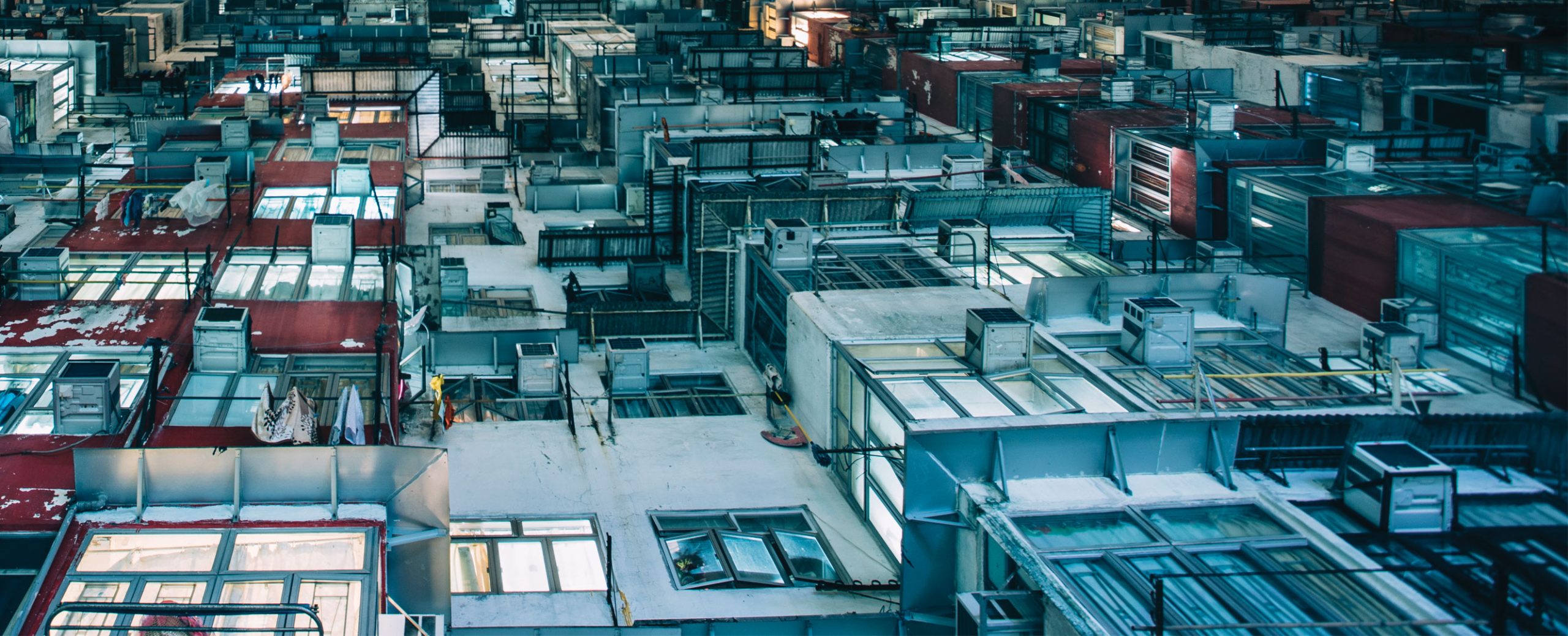Rethinking the Economy: What’s Changing and Why It Matters to You
Introduction
The word “economy” once felt distant—something only economists or governments worried about. But in today’s hyper-connected world, shifts in the economy are felt by everyone, everywhere: in your grocery bill, your job market, your rent, and even your online subscriptions.
The global economy is undergoing a transformation shaped by technology, climate, geopolitics, and changing values. Understanding these shifts isn’t just smart—it’s survival.
1. Inflation Is Personal Now
Inflation used to be a news headline. Now, it’s your daily reality.
- Grocery prices have risen significantly in many countries.
- Rent and housing costs are outpacing wages in major cities.
- Everyday items—like coffee, transportation, and utilities—feel noticeably more expensive.
Central banks are responding with interest rate hikes, but this also affects loan accessibility, credit card debt, and small businesses. Consumers are learning to budget smarter and think long-term.
2. AI and Automation: Redefining Work and Wages
Artificial intelligence is no longer a futuristic concept—it’s disrupting the present-day economy.
- Routine tasks are being automated, reducing some job categories.
- At the same time, demand for AI-literate workers is booming.
- Freelance and remote work markets are expanding, reshaping traditional employment.
The economy is shifting from labor-heavy to knowledge-based, creating both opportunity and anxiety. Lifelong learning and skill adaptation have never been more critical.
3. The Green Economy Is Rising
As climate change becomes an economic issue—not just an environmental one—governments and industries are racing to transition to a green economy.
- Clean energy jobs are outpacing fossil fuel ones.
- Investors are prioritizing ESG (Environmental, Social, Governance) metrics.
- Brands are pivoting toward sustainable products and supply chains.
This transformation isn’t just about saving the planet—it’s about future-proofing growth.
4. Gen Z and Millennials Are Reshaping Spending Habits
Younger generations, burdened by student loans and high living costs, are rewriting economic norms:
- Prioritizing experiences over ownership
- Embracing side hustles and gig work
- Investing in crypto, fractional assets, and digital products
- Supporting ethical, inclusive, and transparent brands
They’re not just consumers—they’re conscious economic participants, driving value with their wallets.
5. Global Uncertainty Means Local Resilience
From wars and trade conflicts to supply chain instability, the global economy remains volatile. But individuals and small businesses are turning inward, creating localized resilience:
- Community-supported agriculture
- Local currencies and co-ops
- Small-scale manufacturing and e-commerce
In a fragile global economy, local action becomes a form of economic power.
Conclusion
The economy isn’t just an abstract system—it’s a living, evolving force that touches your choices, habits, and opportunities every day. Whether you’re navigating rising costs, learning new skills, or launching a side business, you’re participating in a changing world.
So the question isn’t, “Is the economy working?”
It’s, “Are you adapting to the one that’s emerging?”






